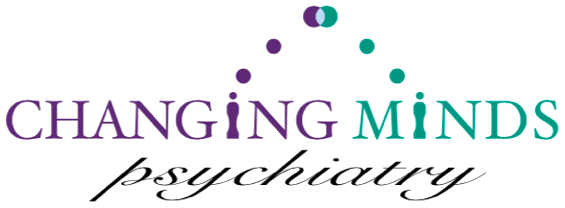Sleep and Your Mental Health
Date: March 1, 2022 Author: Nicole Vaughn, PMHNP-BC
Daylight savings will fall on Sunday, March 13th for 2022, and March 13-19 has been designated by the National Sleep Foundation as this year’s annual “Sleep Awareness Week”.
When we have to set those clocks back, we all tend to naturally start looking at our own sleep habits and bedtime routines to accommodate the loss of an hour. Therefore, this time change itself is already an annual reminder that every hour of shut eye is important and can make or break our next day’s mood, energy, productivity, and well-being.
Furthermore, studies show that the long-term effects of chronic sleep issues will have repercussions in various places of our overall health, such as: high blood pressure, diabetes, heart attack, heart failure or stroke. Other potential problems can include obesity, depression, lowered immunity and lower sex drive.
While poor sleep can be caused by certain environmental factors, diet, busy schedules, and certain sleep hygiene practices, it can also be an indication of an untreated mental health disorder, such as depression, anxiety, ADHD, or bipolar disorder. In fact, when diagnosing these disorders, a psychiatric provider will always ask a lot of questions about the specifics of any sleep disruptions to help clarify between different disorders. If you struggle with falling asleep (initial insomnia) or staying asleep (terminal insomnia/awakening), a mental health provider can help you uncover whether or not this is caused by a psychiatric disorder, and assist you in choosing the best treatment approach, so you can stay rested, restored, and ready to meet the demands of your day.
For more information on this topic, or about “sleep awareness week”, you can visit: https://www.thensf.org/sleep-awareness-week/
References:https://www.thensf.org/sleep-awareness-week/https://health.clevelandclinic.org/happens-body-dont-get-enough-sleep/


